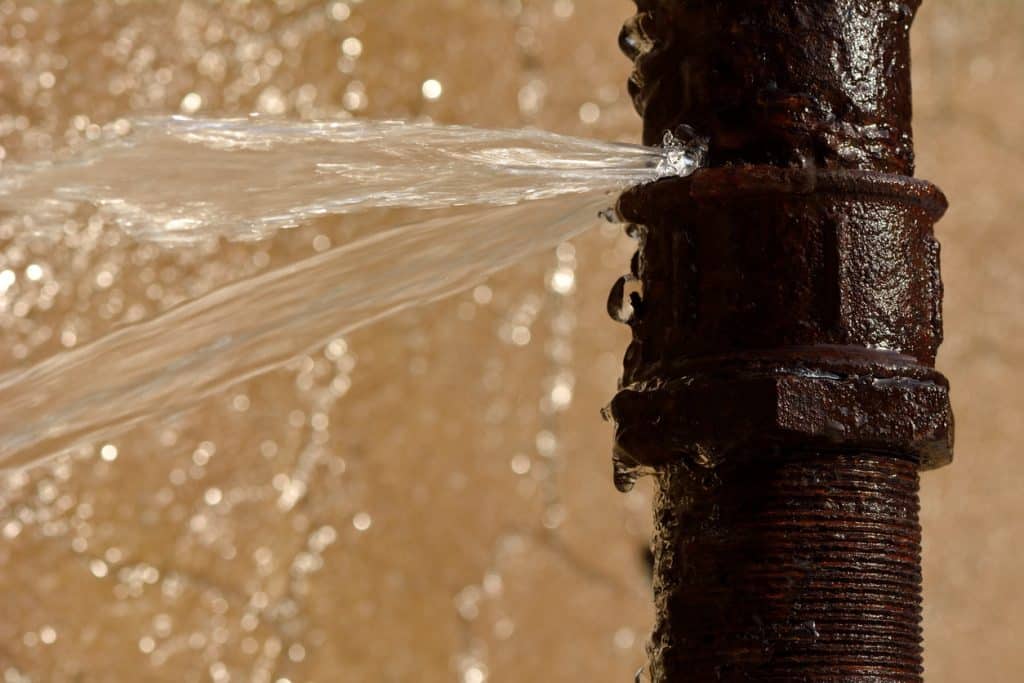Stains on your wall and ceiling or unexplained puddles on the floor leave you with a sinking feeling in your gut. It appears that you may have a plumbing leak, and now you need to call a plumber to find and repair it. You consider whether it’s just a fluke and if you can hold off until the next time you see the evidence. Discover the real costs behind a plumbing leak and why you should call for repairs immediately.
Types of Plumbing Leaks
Depending on your Savannah area home, you may experience two different types of plumbing leaks. What people immediately think about is the plumbing that handles the water supply and sewage for your home.
However, plumbing may also include gas lines that feed your furnace, clothes washer, and stove. Thankfully, gas leaks are more easily noticed thanks to the odor added to the gas, and you can easily avoid significant damage. Water leaks, on the other hand, may go unnoticed for months or years and cause significant secondary damage.
The Cost of the Actual Leak
The first thing you’ll likely think about is how much it’s going to cost to fix the actual leak. There is a wide range of possible costs, depending on size, location, type, and much more. The simple answer is that it could cost as little as $200 or as much as $15,000 or more.
One of the biggest variables in the repair cost is the location of the leak. For instance, if your leak happens in a supply line that runs overhead in an unfinished basement, it’s easy to access and fix. However, if that leak is in a wall, then you have to tear out part of the wall material, fix the leak, and replace the wall.
Even more difficult are leaks in the lines that run under your foundation slab. These may require removing flooring, tearing up part of the slab, digging up the pipe to repair it, and then repairing the slab and replacing the flooring.
Secondary Damage
On top of the cost of the actual leak, you may face secondary damage that needs attention. This is especially true if you’ve had a small leak for an extended period that’s caused mold growth, which is relatively common during Savannah’s hot and humid summers. Secondary damage can be as simple as replacing drywall or flooring but may extend to expensive structural damage. If the leak occurs outside, it can ruin landscaping and erode the ground around your home’s foundation.
Signs of a Plumbing Leak
The best way to avoid ballooning secondary damage is to catch leaks early. Fortunately, there are some signs that may suggest you have a problem that needs attention. These include:
- Lower-than-normal water pressure
- Increasing water bills
- Visible water damage to walls or ceilings
- Squishy feeling in floors
- An unexplained musky or foul odor
- Increased allergies
- Constantly moist areas in your lawn
The sooner you catch a leak, the less time there is for it to cause substantial damage to your home. Plan to check your Savannah area property regularly, looking for signs your plumbing isn’t working properly. If you suspect that you may have a leak, call the expert plumbers at TNT Service Group to schedule a thorough leak detection service visit.






